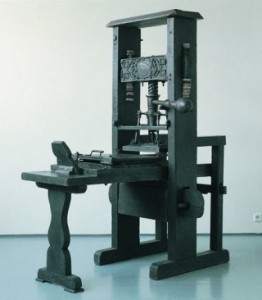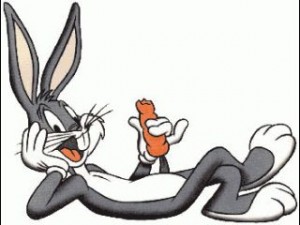In a world where content is going digital and publishing is becoming “decentralized,” how do we ensure we’re “adequately informed?” How to we stay “up to date with what’s going on in our field”? Can we use technology to participate in the narrative?
This delightfully cheery video by IDEO helps you imagine three novel integrations between notebook computers (like the iPad) and traditional books. Rather than droning on about different examples of potential technology, IDEO presents three hypothetical companies/apps as if they’re real. Even better, they have cute names, voices and colors (and I wish they had unique musical scores). A bit better than hearing someone drone on about “what ifs” like that tired example used in the early 2000s “imagine you pass Starbucks and get a text offer for a discount venti that expires in 30 minutes.” Ugh.
Which one excites you more? Nelson, where a digital book meets Wikipedia, Sidewiki and Google news? Coupland, which uses your social network (Facebook, Linked-In) to guide your book purchases and connect with similar readers? Or Alice, which invites readers to contribute to the story (Wikipedia) or unlocks secret events or locations like FourSquare?
Now stop and imagine an even more interesting scenario that don’t rely on today’s technology. Can you? I’m seeing crowd-sourced book summaries. Like those little yellow & black books we’d read in lieu of complete novels… when we were in a time pinch in college (the smart professors designed tests around them). Every willing reader of a book would 5-star or “thumbs up” a page, and the “Kevin” could generate an audio book that wouldn’t just excerpt it like the shitty Microsoft summary tool… it would intelligently summarize the book into a logical “everything you need to know about xbook” recordnig that you can ingest in 10 minutes on your commute. For the reader so lazy that they can’t even read a summary — only listen to one. John Grisham’s latest novel in 4 minutes. Stephen King’s horrifying climax without the 75-page character tangents (we love you Uncle Stevey, but just Jaunt me to the twist). The Bible in 10 minutes (spoiler alert: the Devil did it).
Having seen my own book on Kindle via my iPad, I am thrilled at the idea of Nelson most. I’d like to invite debate about my book and have readers jump to source books or books citing it. Coupland seems the most practical since if someone I like and respect is reading a book, I’m far more interested in it than what Oprah sanctions. Alice is definitely the trippiest version ala Alice in Wonderland. I can’t imagine what a collection of writers might do to a storyline except turn it into a Zebra (a horse designed by a committee). But it’s fun to ponder like Carl Pilkington reflects on insects on classic Ricky Gervais podcasts.
The Future of the Book. from IDEO on Vimeo.
If you’re still reading, would you like to hear the mindless observations of a newly published author? First I’m finding it not quite as climactic as I imagined. Go figure. Second, I’m struck with how many people assume it’s not a real book until a) I tell them Wiley is the publisher, and b) I tell them they can find it in any bookstore. This is interesting for two reasons: first, they assume I’ve self published and it’s available only on some obscure website and perhaps printed “on demand” by Kinkos. Second, they’re suddenly surprised and impressed when I tell them it’s a REAL publisher (Wiley & Sons is probably on the spine of many books you own). I get these approving nods that I find as perplexing as when my family saw I’d been on local Fox news (seen by fewer people than watch my videos in one day).
Perception is reality, though. Just ask Alice.


